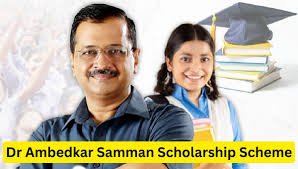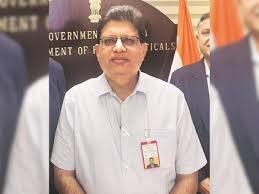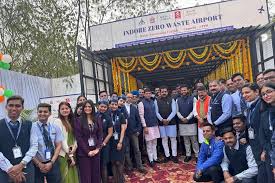“Comprehensive Book List on India’s Budget and Economy”
The budget and economy of a country play a pivotal role in various government exams, including those for teaching positions, police officers, banking, railways, defense, and civil service positions like PSCS to IAS. To help aspirants in their preparation, we bring you a comprehensive book list on India’s budget and economy.
Understanding India’s economic landscape is crucial for success in government exams. This article compiles a list of recommended books that cover various aspects of India’s budget, economic policies, and financial structure.

Why this News is Important
Expanding Exam Syllabus With an evolving exam pattern, understanding economic concepts, especially related to the budget and economy, has become integral to the syllabus of various government exams.
Real-world Application A sound knowledge of India’s budget and economy is not just crucial for exams but also for a successful career in administrative roles. It enables aspirants to comprehend and address real-world economic challenges.
Historical Context
Understanding India’s economic history provides a context for the current state of affairs. The economic reforms of 1991, led by then-Finance Minister Dr. Manmohan Singh, marked a significant turning point, liberalizing the Indian economy and paving the way for its current structure.
Key Takeaways from “Comprehensive Book List on India’s Budget and Economy”
| Serial Number | Key Takeaway |
|---|---|
| 1 | “Indian Economy” by Ramesh Singh and “Indian Economy: Performance and Policies” by Uma Kapila provide fundamental insights. |
| 2 | Books like “Indian Financial System” by M. Y. Khan and “Banking Awareness” by Arihant cater to the banking sector’s exam requirements. |
| 3 | “India Budget” by S.K. Mishra and “Economic Survey” by C.R. Chandrasekhar are essential for understanding budgetary processes. |
| 4 | Regularly following economic sections of newspapers and magazines like “Pratiyogita Darpan” keeps aspirants updated on dynamic changes. |
| 5 | The economic reforms of 1991, spearheaded by Dr. Manmohan Singh, are crucial for understanding India’s economic transition. |
Important FAQs for Students from this News
Q1: Are these books suitable for all government exams?
- A: Yes, the recommended books cover topics relevant to a wide range of government exams, including teaching positions, police officers, banking, railways, defense, and civil service positions like PSCS to IAS.
Q2: Is it necessary to read all the recommended books?
- A: No, aspirants can choose books based on their specific exam syllabus and preferences. It’s essential to focus on key areas such as budgetary processes, economic policies, and banking.
Q3: Are there any online resources mentioned for current affairs?
- A: While the article primarily focuses on book recommendations, staying updated on current affairs is crucial. Aspirants are advised to follow economic sections of leading newspapers and magazines.
Q4: Can these books be used for self-study, or is guidance required?
- A: The recommended books are suitable for both self-study and guidance. Aspirants may benefit from coaching materials and mentorship for better comprehension.
Q5: How often should I revisit the economic history section for exam preparation?
- A: Revisiting the economic history section periodically is beneficial, especially considering the relevance of historical context in understanding the current state of India’s economy.
Some Important Current Affairs Links














